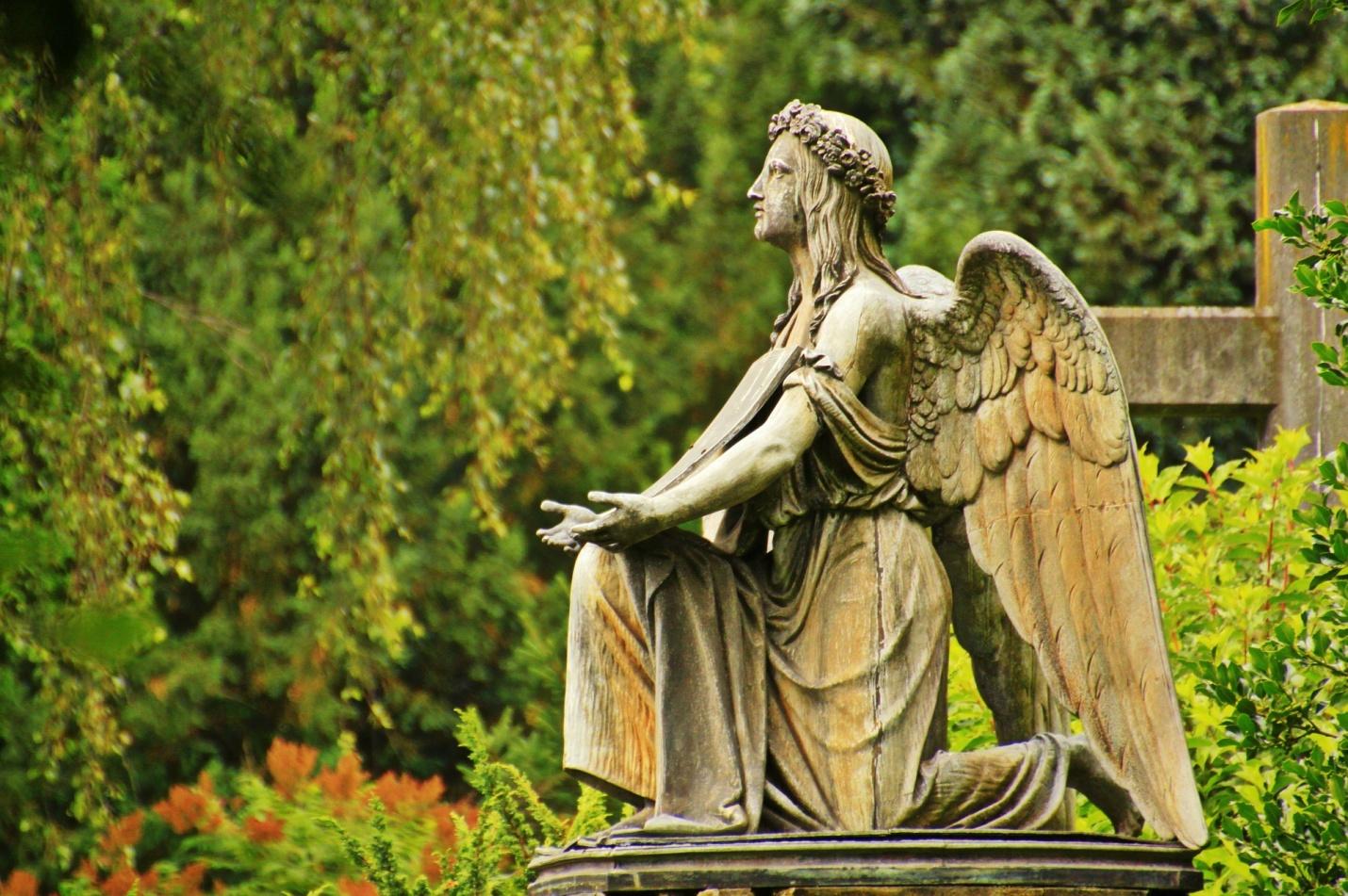LIFESTYLE
Your Important Guide to Registering a Loved One’s Death: A List of FAQs

There is a particular process when it comes to dealing with a loved one’s death – and those who have lost a loved one know this full well. But there are other processes involved in a person’s death, and these processes will ensure that your loved one’s funeral will go according to plan. One of the first things you would need to do is register the death, and this can take some effort. But it’s best to know what the process entails so you can take care of it as efficiently and quickly as possible. Here, then, is your important guide to registering a loved one’s death: a list of FAQs.
Why should I register their death?
The registration of a person’s death is the formal document or record of their death, and it is a requirement to move forward with other arrangements. Once you have registered the death, you will get a death certificate, and the death certificate is needed for wills, mortgages, and bank accounts.
How much time do I have to register the death?
In terms of registration, the time limit will depend on your area in the UK. If you are located in England, Wales, or Northern Ireland, you would need to register the death in five days.
The death certificate will be given to you at the appointment, and you can get more copies of the certificate at the local register. Keep in mind that if you decide to get copies, later on, you may only receive them after two weeks or more. If you need copies earlier than this, you can use a priority service for a fee of £23.40, and you can receive them the day after.
What will happen if I do not register the death?
Any person who intentionally does not register the death or doesn’t provide information about the death can get a fine of £200. But if the delay in registration is due to a coroner or doctor who has failed to give the medical certificate of cause of death, you may be able to avoid the fine.
Where can I register the death?
You can register at the local register office with the Registrar of Births, Deaths, and Marriages. If the person has passed away at home, you should register their death at the register office in their place of residence. If they passed away in the hospital, a public building, or a nursing home, you should register their death at the place where the hospital, public building, or nursing home is located.
Who can make arrangements for registering a death?
The registration is often done by the person’s close relative, but if there are no relatives, the only people who can register the death would be those who were present at the death, those who live in the place where the person passed away, and those who are making funeral arrangements (except for the funeral director). If you need help, however, your funeral director such as the ones from www.carrollandcarrollfunerals.co.uk can find out information for you and they can also assist you with other paperwork.
What do I need?
The most essential document you need to register the death is the medical certificate of cause of death, but you can also bring other documents such as the person’s birth certificate, driving license, passport, marriage or civil partnership certificate, NHS card, council tax bill, and a proof of address.

